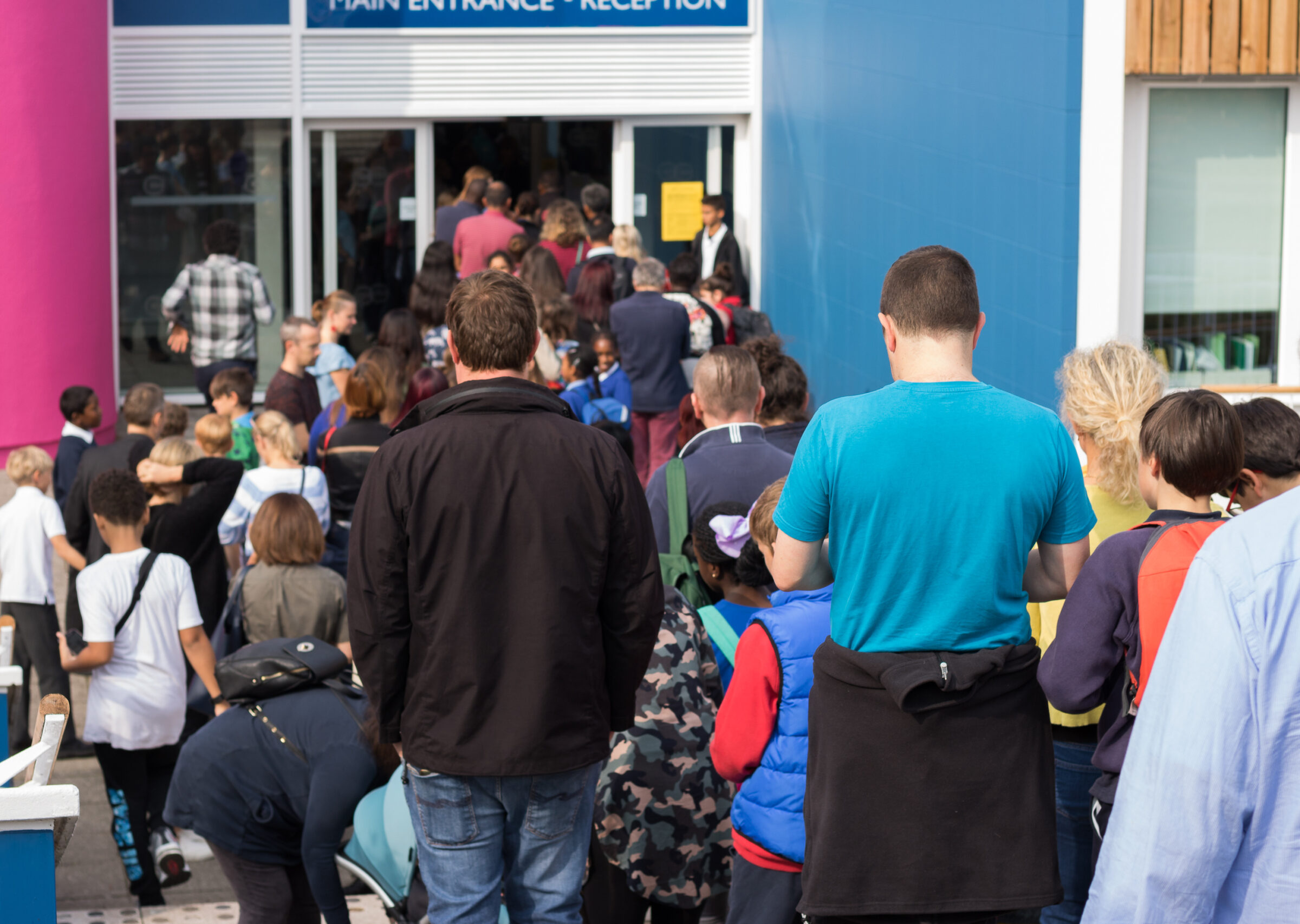The Bottom Line Parental Pursuit of School Choice Is Skyrocketing
Originally published at Real Clear EducationIt is National School Choice Week, and parental demand for educational options for their children is surging. A January parent survey revealed that 72% of parents “considered new schools for their children last year–a 35% increase over 2022.” Sixty-three percent searched for a new school, and 44% chose one.
A few years ago, the phrase “school choice” was not commonly used or understood outside of education reform circles. But today, this has changed: The survey revealed that 50% of parents “talked about school choice with family or friends within the last month.”
Now more than ever, parents want a choice about how and where their children are educated during their K-12 schooling years.
Keri D. Ingraham
So why all the buzz about school choice? The disastrous school closures with remote Zoom sessions gave parents a front-row seat in their children’s classrooms, which exposed a lack of learning and too much time devoted to non-academic left-wing political indoctrination. That initial eye-opening awakened parents to the misplaced priorities of public schools. As the teachers unions kept public schools closed for three years in some places in order to get inappropriate political demands met — defunding the police, Medicare for All, a moratorium on charter schools — parental dissatisfaction and even outrage grew.
As Randi Weingarten, President of the American Federation of Teachers, the second largest teachers union in the country, has doubled down on teacher unions bully tactics, parents have not just sought to get their kids out of public schools but have done so by the droves. For example, in Washington State, K-12 public school enrollment has declined by nearly 67,000 students between the 2019-2020 and the 2022-2023 school year, a nearly 6% drop. The decrease continues this school year as well.
Nationwide, the trend is the same — traditional public school enrollment is shrinking as parents find other options for their children. Moving outside the public school system incurs homeschool costs or private school tuition expenses, so finances are frequently the barrier between those looking for options and those who can make the move.
Over the past three years, the expansion of school choice laws has been a huge historic win for families, empowering them to remove their children from the public school system. As of 2021, no states had universal school choice, but today, ten states grant all families statewide funding to select the school of their choice. Six of these states allow the funding via an education savings account to be allocated toward educational expenses beyond private school tuition. That includes allowing the funds to be used toward curriculum, test fees, tutoring, therapies for students with special needs, educational technology, and other educational expenses.
While Democratic lawmakers often seek to block school choice advancements due to their self-serving relationship with the teachers unions who help get them elected, parents on both sides of the aisle are utilizing school choice. For example, in 2023, of the parents who selected new schools for their children, 56% identified as Democrats, whereas 40% identified as Republicans.
Approximately half of parents who searched for a new school did not research their local traditional public schools. They searched for charter schools, private schools, online schools, homeschooling options, magnet schools, and microschools.
Now more than ever, parents want a choice about how and where their children are educated during their K-12 schooling years. Ten states — Arizona, Arkansas, Florida, Indiana, Iowa, North Carolina, Ohio, Oklahoma, Utah, and West Virginia — have delivered sweeping school choice victories over the past two years. Others, including Louisiana, Tennessee, Alabama, Georgia, Kentucky, and Mississippi, are looking to join the ranks this legislative session.
This year, National School Choice Week is more than just an opportunity to educate parents on their choices. It is an opportunity to celebrate all that has been accomplished in recent years and remind lawmakers — particularly those who have traditionally opposed school choice — that parents across party lines want school choice for their children. The school choice movement is poised for more massive wins for families this year.


